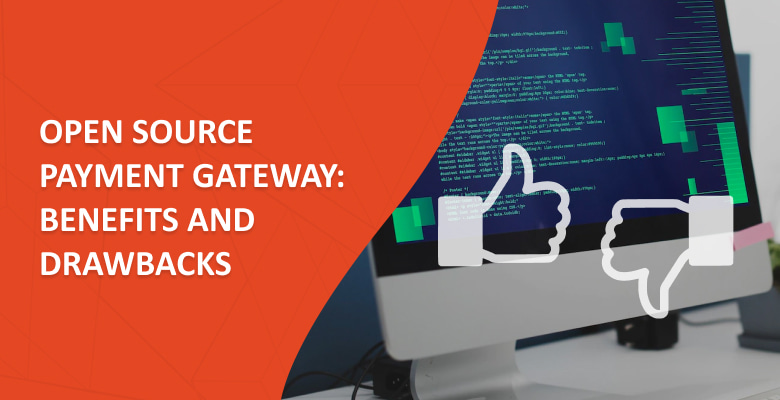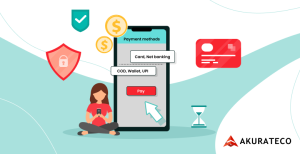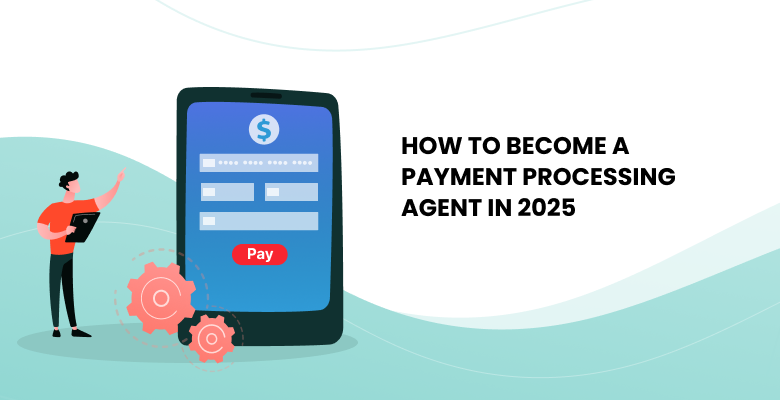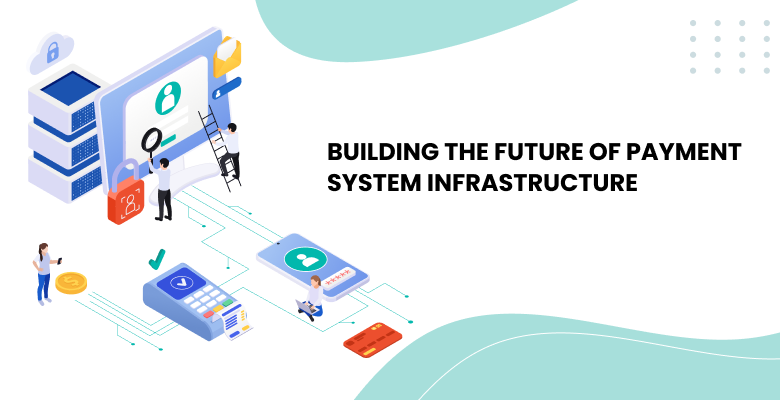
On the verge of starting your own payment processing business, you are faced with the choice: either develop payment software or consider a payment orchestration platform as an alternative path. There are several factors to consider, namely financial resources, time, developers’ team, and experience in fintech software development. However, if you do not feel like creating a payment gateway from zero, open-source software is what immediately comes to mind. It appears to be a zero-cost option that requires neither time nor effort for implementation. But are you willing to take free cheese if there is a chance that it comes with a mousetrap? In order for you to evaluate the potential risks and benefits of open-source payment gateway, we described the main of them below. Let’s get started!
What is an Open Source Payment Gateway?
Open Source Payment Gateway is a gateway launched on the basis of open-source software, released under a license that grants users the right to use, study, modify, and distribute the software and its source code. Open-source software is distributed at no cost and does not aim to generate profit. You might be wondering what’s the catch.
To answer the question, we need to look at the idea behind open-source software. During the early days of software development, developers and programmers shared software to learn from one another and evolve the field. As of now, there is fierce competition in the field of online payments. Primarily, each company is willing to outdo the others in innovative payment technologies in order to get more customers and profits. That is why it is inefficient for developers to share their source code for free. However, if you succeed in finding an open-source payment gateway on the Internet, make sure you evaluate its potential advantages and disadvantages beforehand.
Open Source Payment Gateway: Illusory Benefits
Open-source payment gateways have quite a controversial track record. From the outset, it appears as an option that does not require development and investment from you. There is, however, more to it than meets the eye. Let’s examine all the claimed benefits of an open-source payment gateway in detail.
1. Cost-free
Zero price is considered a key benefit of open source payment gateway. More so if compared to developing one from zero which would cost you hundreds of thousands of dollars. However, an open-source payment gateway will require plenty of additional costs we will uncover in a bit.
2. A team of developers is not required
It appears that if you launch your self-hosted payment gateway based on open-source code, you will not have to hire a team of developers. The truth is that you will still need to install the software, remove bugs and other user experience issues, and constantly manage the gateway’s development. That is why you will require a team of developers, but it will be considerably smaller than if you were to develop the software from scratch.
3. Faster time-to-market
Generally, gateway development term ranges from six months to a year or more, depending on the complexity of the technologies you plan to use in transaction processing. With open-source code, your payment gateway’s time-to-market is supposed to be reduced. But, in practice, you will still need time to certify your software to process transactions securely, integrate with the necessary banks and payment providers, and so on.
If you decide to give an open-source payment gateway a shot, you have to identify drawbacks as well. Otherwise, you will not only gain nothing from the open-source code but also waste your finances and efforts in vain on a low-quality payment system.
Open Source Payment Gateway: Drawbacks
1. Additional costs
You already know that an open payment gateway entails additional expenses, but what are the specific expenses? First of all, to check if the code works at all, you will need to hire a developer and test its functionality. Then, you will need to tune it to your needs, which in some cases can cost you almost as much as developing a payment gateway from zero. In addition, to be able to process payments, you have to achieve PCI DSS compliance, integrate with numerous banks and payment providers worldwide, strengthen the anti-fraud, and constantly maintain the gateway on your own. The bottom line is, there is no way around these processes, and you will end up paying tens of thousands of dollars for them.
2. There are many risks involved
Whether you develop a payment gateway by yourself or rent it from a reliable payment provider, it is always clear who is legally responsible for the functionality. However, with open-source code, there is no one liable for its performance. The main risk is that as a payment gateway provider, you will work with the sensitive data of the clients on potentially unsecured software. Being in free access for some time, open source payment gateway is susceptible to third-parties modifications that might compromise its security for their own benefit, such as identity theft, malicious transfers, etc. It puts your customers at risk of having their personal information leaked, which could result in a huge fine for your company as well as irreparable damage to your reputation.
If you want to know how to ensure the security of your customers’ data properly, check out the article:
How to Store Credit Card Information Securely
3. PCI DSS certification is required
To be able to process transactions, each payment gateway provider is required to achieve Payment Card Industry Data Security Standards (PCI DSS) certification. To achieve compliance, you must build and maintain a secure network, protect cardholder data with an encryption mechanism, maintain a vulnerability management program, implement strong access control measures, and regularly monitor and test networks. Additionally, as an open-source payment platform user, the main challenge you will face is that you will go through the certification process with an open-source code payment gateway that you are unfamiliar with.
PCI DSS Compliant Payment Gateway: What it is & Why it is Important
4. Framework or programming language that is challenging to find developers for
Suppose the open-source payment gateway you plan to use is written in a language that is rarely used in programming. In that case, it will be challenging to find developers for additional development and tuning of your payment gateway. The main reason is that a limited number of programmers are proficient in such types of languages or frameworks. Therefore, such a specialist will be hard to find, and the cost of the services will reflect his specific skills. Thus, several problems immediately arise here: how quickly will you be able to find developers, what will be the price of additional development, how long will it take, are there any bugs to fix, etc. It is vital that you thoroughly analyze all these questions in advance of starting your business with an open-source payment gateway.
5. Open-source payment gateways are not often well-documented
The value of code documentation for best open source software for payment gateway cannot be overstated. It is a combination of easy-to-understand pictures and textual descriptions that clarify what a codebase does and how it can be used. Simply put, well-written documentation is what makes the code understandable and allows you to use and modify it in the future. The problem with an open-source payment gateway is that it has several developers that may not communicate with each other, contribute to it over different periods of time, or simply do not prioritize updating the documentation. According to the GitHub survey, 60% of contributors say they rarely or never contribute to the documentation. Thus, if the open-source payment gateway is not well-documented, and consists of several rather randomly interconnected parts, it can take weeks to find and fix one seemingly simple error. In the worst case, if the code is not divided into classes or methods at all, it may seem so complicated that it will be easier to rewrite it than to modify the existing one.
The main disadvantages of an open-source payment gateway are now on the table. Before making a final decision, you should also consider alternative options on the market. One of the most efficient and cost-effective is a white-label payment gateway.
White-Label Payment Gateway: Seamless and Cost-Effective Payment Solution

White-label payment gateway is PCI DSS-certified brandable payment software with a multi-acquirer approach and advanced payment features offered on a Service-as-a-Service basis. Here are some of its main differences from open source payment gateway:
Zero development costs and no hidden fees
Similarly to open-source payment gateways, you do not invest in white-label gateway development. But, in contrast to it, when you select the white-label option, you receive a ready-made payment solution with clear and transparent rates with no hidden fees. You will not need to cover its maintenance, PCI DSS certification, or integration of new banks and payment providers, as a white label payment processing provider already offers you multiple integrated payment connectors.What you get on top of that is a support team that is ready to assist you with any issue, a developers team that is ready to integrate a new payment connector or develop a feature at your request, and a payment provider who is legally responsible for the software functionality. All this at a very reasonable price that is likely to cost you much less than an open-source payment gateway.
Advanced payment technologies
AA white-label payment gateway offers its users state-of-the-art tools. For instance, Akurateco’s White-Label Payment Gateway has smart routing, a technology that chooses the most suitable payment provider for processing transactions based on many parameters, such as low processing fee, country, currency, and so on. Also, Akurateco has cascading technology to reduce the number of failed transactions. Then, if a payment is declined by one provider, it is automatically cascaded to another one to achieve a successful result in a single payment attempt which is frictionless for the payers and for the merchants` systems. Additionally, there is automated billing to ensure your fees, profits, and settlements are calculated correctly, advanced anti-fraud to identify fraudulent transactions beforehand, reducing the risk of scams, and many other technologies. These cutting-edge tools are essential for efficient open source payment processing and ensure smooth open source credit card processing.
PCI DSS Certification and Risk Management
A white-label payment gateway is an up-to-date software that is enhanced with advanced in-house and external anti-fraud filters to detect, analyze, and prevent potentially fraudulent transactions. One of the necessary steps to ensure the security of cardholder data is PCI DSS certification. Usually, it is one of the most time-consuming and complex processes for a gateway provider. But, if you start using a white-label payment gateway, it is already fully compatible with PCI data security standards, and it will be updated according to the latest requirements by the gateway provider team.
If you want to know how to start a payment processing business on the basis of a white-label payment gateway, a detailed guide can be found here:
A Complete Guide on White-Label Payment Gateway
In outline
In case you are looking for a cost-effective solution that can help you start your own payment gateway, open-source payment processors have probably crossed your mind. This is no surprise since, at first glance, this option has its advantages, such as zero price and fast time-to-market. However, upon closer examination, all these benefits seem misleading, since there are numerous drawbacks, like many financial and reputational risks involved, a challenging framework or programming language, and substantial additional costs associated with the gateway’s implementation and maintenance.
In the end, it is up to you to choose whether to use an open-source payment system to enter the market, but make sure to evaluate all your options beforehand. One of them is a white-label payment gateway, a brandable PCI DSS-certified payment platform with a multi-acquirer approach and advanced payment technologies by Akurateco.





